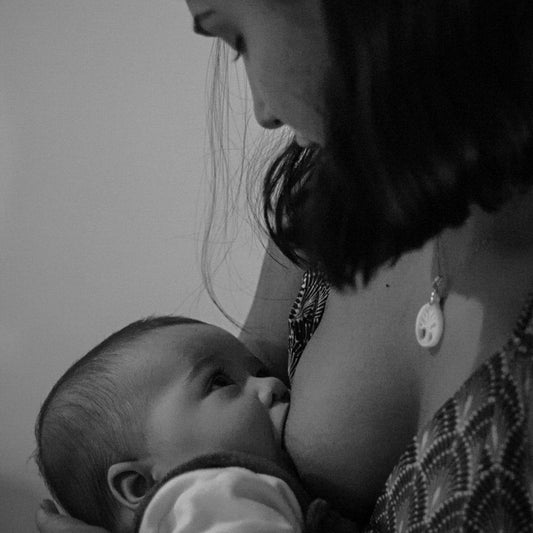Freezer to Freedom - the Milkify Blog

Breast Milk Soap: Benefits, How to Make It, and...
Breast milk has long been recognized for its healing and nourishing properties. Many parents have discovered its benefits for treating minor skin conditions, from diaper rash to eczema. While turning...
Breast Milk Soap: Benefits, How to Make It, and Safety Considerations
Breast milk has long been recognized for its healing and nourishing properties. Many parents have discovered its benefits for treating minor skin conditions, from diaper rash to eczema. While turning...

Preventing NEC: Why Every Drop of Human Milk Ma...
Every day in the United States, one baby dies from necrotizing enterocolitis (NEC), a devastating intestinal disease that primarily affects premature infants. For parents and healthcare providers in the NICU,...
Preventing NEC: Why Every Drop of Human Milk Matters for Premature Infants
Every day in the United States, one baby dies from necrotizing enterocolitis (NEC), a devastating intestinal disease that primarily affects premature infants. For parents and healthcare providers in the NICU,...

How Your HSA/FSA Can Support Your Breast Milk J...
November marks the beginning of open enrollment—a crucial time to make decisions about your health benefits for the upcoming year. If you're a breastfeeding parent or planning to be one,...
How Your HSA/FSA Can Support Your Breast Milk Journey This Open Enrollment
November marks the beginning of open enrollment—a crucial time to make decisions about your health benefits for the upcoming year. If you're a breastfeeding parent or planning to be one,...

Unlocking the Benefits of Freeze-Dried Breast Milk
For many years, breast milk has been universally acknowledged as the gold standard for infant nutrition, offering a rich mixture of vital nutrients, growth factors, and immune-boosting components. But as...
Unlocking the Benefits of Freeze-Dried Breast Milk
For many years, breast milk has been universally acknowledged as the gold standard for infant nutrition, offering a rich mixture of vital nutrients, growth factors, and immune-boosting components. But as...

Understanding and Solving High Lipase in Breast...
As a breastfeeding mother, you may have encountered the term "high lipase" in relation to your breast milk. This blog post will delve into what lipase is, why it's important,...
Understanding and Solving High Lipase in Breast Milk
As a breastfeeding mother, you may have encountered the term "high lipase" in relation to your breast milk. This blog post will delve into what lipase is, why it's important,...

Breast Milk Disaster Preparedness: A Comprehens...
At Milkify, we understand the precious nature of breast milk. As a trusted freeze-drying service, we're responsible for safeguarding thousands of pounds of frozen breast milk from hundreds of moms...
Breast Milk Disaster Preparedness: A Comprehensive Guide for Hurricane Season
At Milkify, we understand the precious nature of breast milk. As a trusted freeze-drying service, we're responsible for safeguarding thousands of pounds of frozen breast milk from hundreds of moms...



